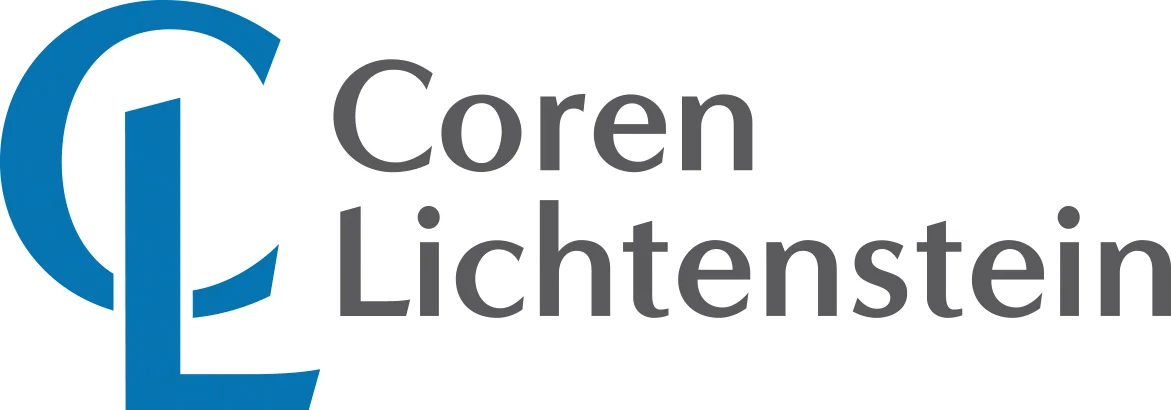In March, 2011, the Massachusetts Supreme Judicial Court, in the case of Bishop v. Tes Realty Trust, entered a decision clarifying and establishing new law concerning the obligation and liability of a landlord/owner of commercial property for personal injuries sustained by tenants and visitors. In this case the plaintiff tenant operated a tanning salon in a building leased from the owner defendant. Under the terms of the lease the tenant was solely responsible to make all repairs to the building, including the roof and skylights. The tenant sent a letter to the owner complaining about the leaking roof and skylights. The owner took no appropriate action. During a rain storm the tenant placed buckets in the shop beneath the leak to catch the water and while looking up plaster fell from the ceiling into her eye, causing her to fall, which resulted in serious shoulder injuries.
Under the common law in Massachusetts a landlord owed a duty to tenants and visitors to exercise reasonable care to maintain the common areas in a condition not less safe than they were at the time of the lease to the tenant. If the common areas were visibly unsafe at the time of the lease, the landlord owed no duty to make them safer. As to leased premises that the tenant solely controlled or had a duty to repair (such as the roof and skylights in this case), the landlord had no duty to remedy unsafe conditions.
In 1972, the Legislature enacted a statute expanding the scope of the landlord liability for unsafe conditions in areas controlled by a tenant where the tenant had given notice of the condition. The statute did not specifically state that it applied both to residential leases and commercial leases, and it was the opinion of many attorneys that it only applied to residential properties.
The SJC held otherwise in the Bishop case. The court held that under the statute, once a landlord receives proper notice, he owes a duty to remedy any unsafe conditions not caused by the tenant. Where the lease imposes on the tenant a duty to repair, the tenant is unlikely to provide the notice and is more likely to repair the condition. Where a tenant with such a duty gives the required notice and the landlord remedies the unsafe condition, the landlord may bill the tenant for the cost of repair, or if provided in the lease, charge the cost of repair as additional rent.
In summary, a landlord of any real estate, residential (except an owner-occupied 2 or 3 family dwelling) or commercial property has a duty upon notice to repair unsafe conditions and if he fails to do so, will be responsible for injuries sustained by a tenant or visitor.
